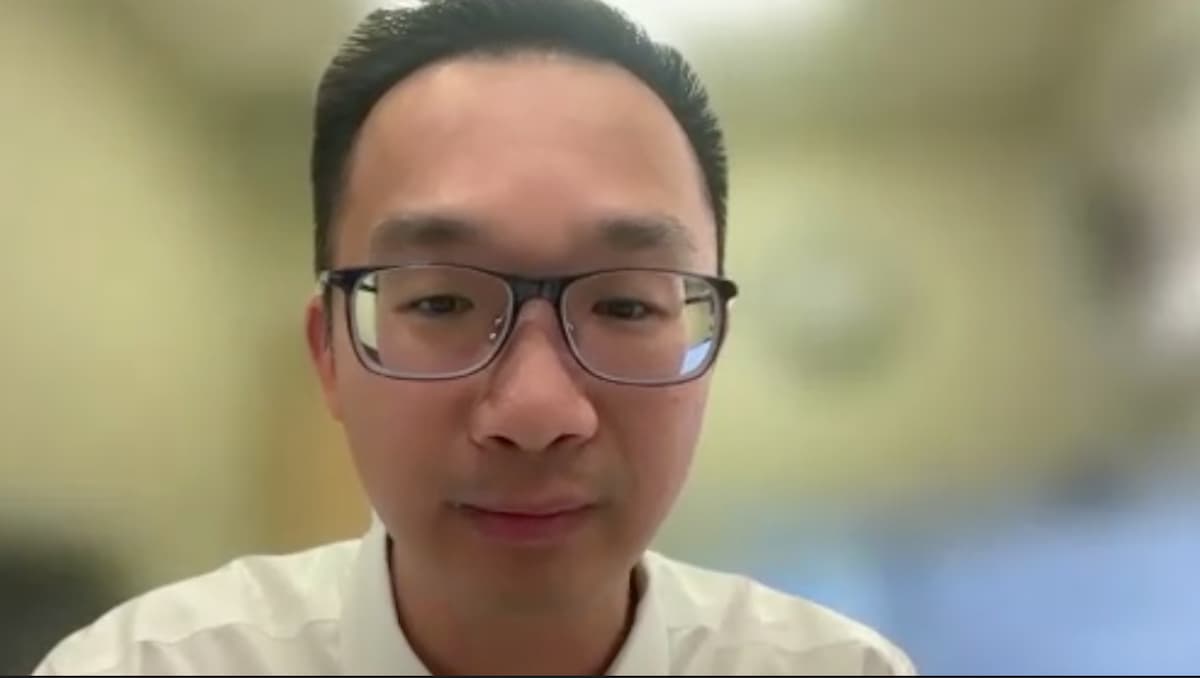Fitness
Combining Immunotherapy With Radiation Oncology in NSCLC

In a conversation with CancerNetwork®, Terence T. Sio, MD, MS, highlighted radiation oncology treatment decision-making strategies for patients with non–small cell lung cancer (NSCLC), including for those who may be eligible to receive immunotherapy.
According to Sio, a professor of radiation oncology at Mayo Clinic in Phoenix, Arizona, it is crucial to consider potential toxicities, such as pneumonia and factors such as tumor size when administering radiation therapy to patients with NSCLC. Additionally, he emphasized multidisciplinary collaboration across different departments at his institution to optimize treatment courses for those who may require more than 1 type of therapy.
Transcript:
There is a lot of very good biology that is now being used for helping our patients and getting targeted [treatment] for that cancer. These are very specific treatments that may involve targets such as EGFR or KRAS mutations. There are now also new advances on the horizon [involving] combining immunotherapy, too.
These medications, and how the treatments are needed to be used for our patients, make a difference in terms of the decisions that we may make as a radiation oncologist for our [patients with] lung cancer. Depending on how big the tumor may be and the number of lung and heart tissues that will be exposed to radiation therapy, it is important to balance the risks. How likely is it for an injury like pneumonia or what we call radiation-induced pneumonitis to happen in this setting? It is very important [to have] multidisciplinary treatment and consultation with our surgeons and our medical oncologists. At our institutions, tumor boards are being held at regular intervals weekly. There are a lot of cross disciplinary discussions among different doctors to make sure that we’re providing the best method for helping our patients who will very likely need more than 1 treatment, or [more than] 1 doctor’s care if they have stage III non–small cell lung cancer.










